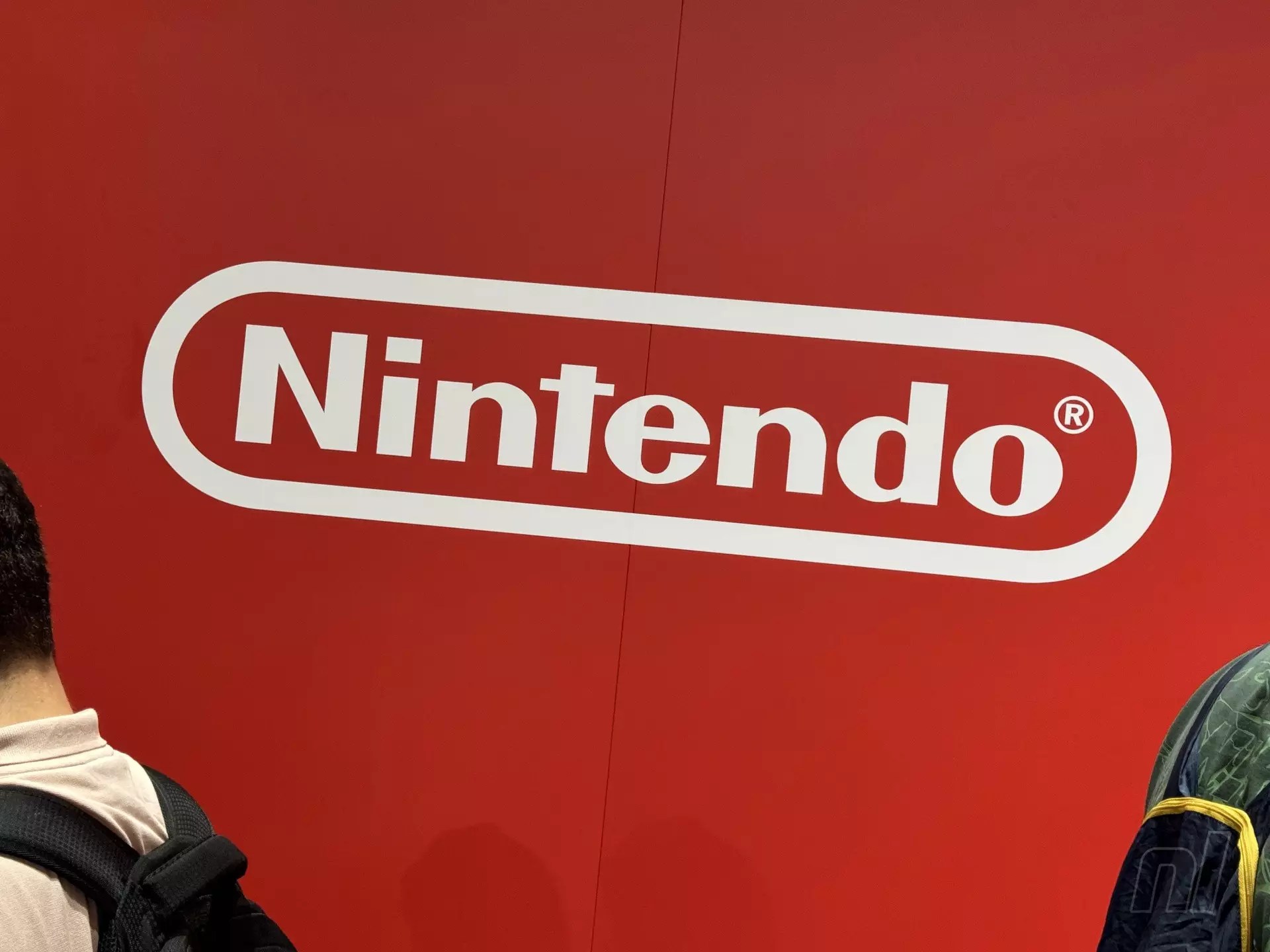Nintendo’s latest decision to outsource its customer support services raises more questions than answers. While the company champions this shift as a strategic evolution to better serve diverse markets, the underlying implications suggest a focus on short-term fiscal efficiency at the expense of employee loyalty and support quality. The transfer of approximately 200 long-standing contractor roles to largely Latin American agencies signals a significant pivot — but at what cost?
This decision reflects a broader trend among corporations prioritizing external vendors to optimize costs, yet Nintendo’s approach appears particularly tone-deaf. By phasing out these contractors without direct communication, Nintendo demonstrates a troubling disregard for its workforce. Instead of transparent engagement, affected employees learned about their impending layoffs through third-party agencies and anonymous sources, fostering feelings of betrayal and disillusionment.
The move to replace experienced US-based agents with newer contractors in nations like Brazil, Argentina, and Nicaragua hints at a desire to exploit lower wage structures. While this may make financial sense in the short term, it risks diluting the quality of customer care, especially in a sector where user experience can make or break a brand’s reputation.
Furthermore, critics argue that such a wholesale outsourcing strategy disregards the value of invested institutional knowledge. Long-time support staff not only possess technical expertise but also a nuanced understanding of Nintendo’s ecosystem, policies, and customer expectations. Replacing them with newer, possibly less familiar reps, then expecting seamless service, seems shortsighted.
The Human Cost and the Illusion of Cost Savings
From the perspective of affected workers, the story is one of disappointment and frustration. Many contractors had no contract guarantee, but the abrupt and silent nature of the layoffs only deepened their sense of abandonment. Several voiced concerns that a staff already grappling with economic uncertainties and job insecurity now faces further instability — a blow exacerbated by the rise of AI tools which threaten to replace human roles altogether.
This wave of layoffs also underscores an indisputable reality: in many cases, corporations are willing to burn bridges rather than invest in their human capital. Contract workers often feel like disposable assets rather than valued contributors. Nintendo’s reluctance to communicate directly and the expectation that employees will merely train their replacements reveals a corporate culture that seems poorly aligned with modern labor ethics.
Ironically, analysts and insiders suggest that hiring some contractors as full-time employees could have yielded better results. Such a move would have fostered loyalty, allowed for continuity, and ultimately delivered a better consumer experience — all while possibly reducing long-term costs. Nintendo’s current approach, by contrast, appears to focus narrowly on immediate expenditure reduction, risking long-term brand damage.
The Risks of a Fragmented Customer Support System
The shift to external Latin American agencies also raises concerns about internal communication issues and customer dissatisfaction. Reports indicate an increase in irate and, disturbingly, even racially abusive customer interactions following the transition. While Nintendo dismisses these claims as inaccurate, the anecdotal evidence from support staff paints a contrary picture. The new contractors, despite speaking fluent English, may lack the cultural context or deep product knowledge that fosters empathetic, effective support.
Moreover, outsourcing support functions creates fragmentation within the support system. When frontline agents are based internationally and perhaps less familiar with localized issues, quick resolution and personalized service become challenges. This can lead to customer frustration, negative reviews, and potential damage to Nintendo’s carefully cultivated reputation. Given that customer support is often the frontline interface with users, deteriorating service quality can have ripple effects on holiday sales and brand loyalty.
The potential decline in service quality occurs precisely when Nintendo is preparing for the release of its long-anticipated Switch 2 and the critical holiday season. The decisions taken now will shape the company’s image in the eyes of millions who expect seamless, responsive support during their holiday gaming experience.
Corporate Governance or Cost Mismanagement?
Nintendo’s recent actions indicate a pattern of cost-driven restructuring that underestimates the value of employee engagement and institutional knowledge. The company’s response, emphasizing ongoing support and positive customer satisfaction, feels superficial in light of the layoffs and communication issues. It’s an alarming demonstration of corporate insincerity, masking the real underlying motives: profit maximization at the potential expense of quality and employee morale.
History reflects a recurring theme with Nintendo — a company in flux, often prioritizing innovation and brand growth while sometimes neglecting its internal workforce. The 2024 downsizing of the testing department, which saw over 100 contractors lose their roles abruptly, mirrors this trend. It raises critical questions about whether Nintendo’s leadership truly understands the long-term impacts of such reactive cost-cutting measures.
Given the rapid evolution of customer service technology, including AI automation, Nintendo faces a crucial choice: continue devaluing human workers for short-term gains or invest in a more sustainable, employee-centric model that rewards loyalty and expertise. Failure to do so could not only undermine support quality but also erode trust among fans who expect Nintendo to stand behind its customer community — not just its bottom line.


Leave a Reply